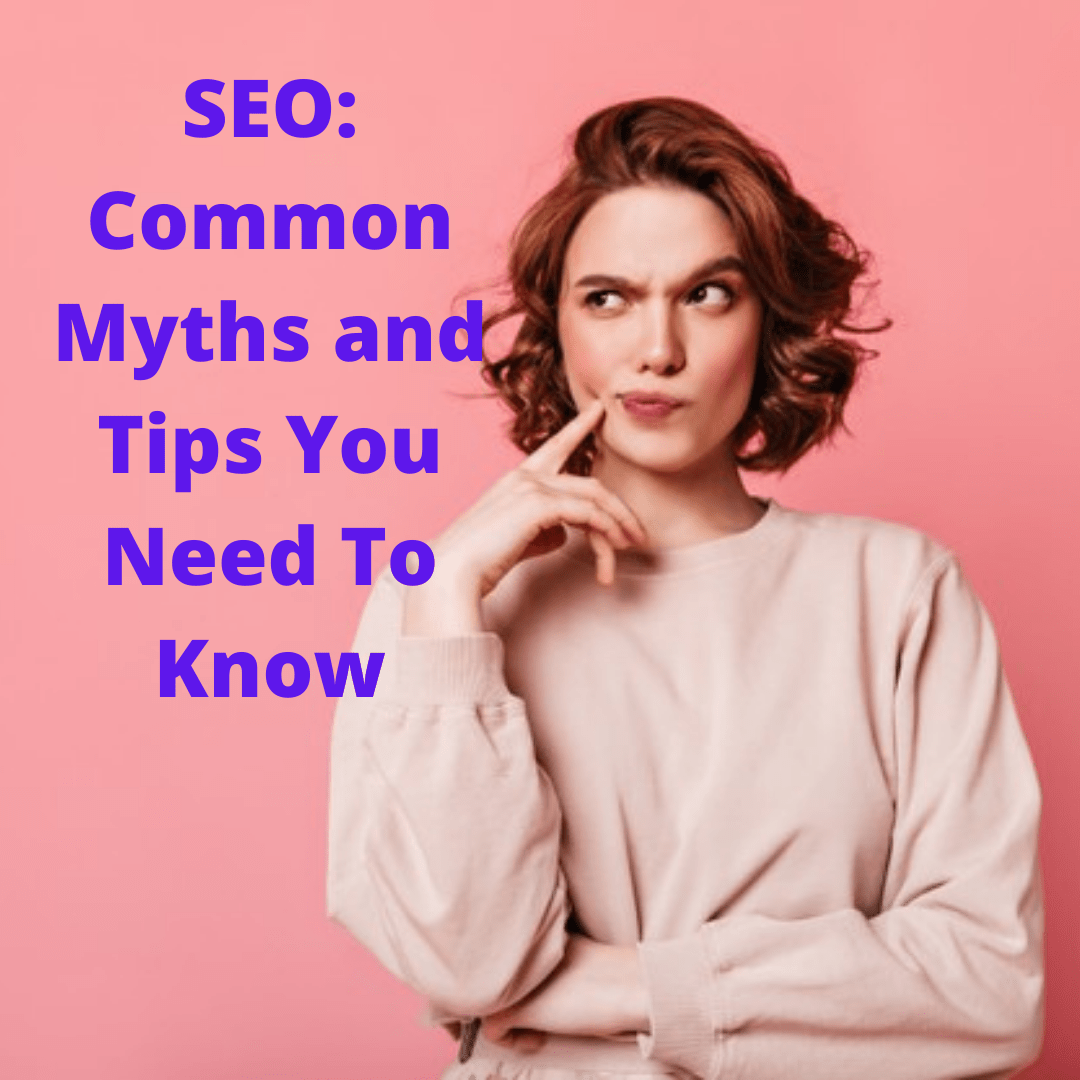
Proven SEO strategies generate successful results. But many marketers are looking for shortcuts and believing common myths.
Some of these myths are about illegal SEO practices (Black Hat SEO). So businesses and marketers are being banned from search engines.
SEO: Common Myths and Tips You Need To Know
Many SEO experts have debunked the myths. So you don’t need to believe SEO myths and black hat SEO techniques.
Here are some common SEO myths you need to avoid and some tips you need to know.

- Hummingbird Algorithm and Keywords
Google has indeed changed its search algorithm. Many marketers think that the Hummingbird update will push aside the keywords. So some marketers have ignored search engines.
But Hummingbird update was different from Panda or Penguin. If you ignore keywords you cannot achieve higher rankings. The truth is that keywords are still pushing websites to the first page.
Do not ignore keywords and search results. Hummingbird made it easier because you can now focus on a lower keyword ratio instead of spamming your articles with keywords.

Understand search intentions so that your keywords can deliver the best experience by matching your content with these intentions.
- Penalty for Duplicate Content
Google will penalize you for duplicate content is one of the most common myths. There are ranking implications whenever search spiders find duplicate content and these implications are the signs that you should avoid duplicate content. But the issue does not end there.
Duplicate content is only detrimental to your ranking if you have copied. Search engine spiders crawl the web to identify who uploaded the content first. The only penalty you get is the inability to rank as high as the original owner of the content.

Do not waste time chasing websites that have copied your content. You need to create new, quality, content that pushes your brand ahead instead of worrying about penalties that will not affect you anyway.
- PPC Ads Will Boost Your Ranking
If you spent money on paid advertisements will not determine your ranking during an organic search. The reason is simple. The algorithm for paid ads differs from those of organic searches.
Ranking during organic searches depends on other factors. Factors such as keyword, the architecture of your website, user experience, and loading speed. As a result, you must work on these factors to rank highly on organic searches.

Once a person clicks onto your website, his actions like commenting on pages, sharing, and clicking on other pages will boost your ranking during an organic search.
You have to give your website and content a different approach so that organic SEO tactics complement the paid SEO efforts.
- Domain Authority and Ranking
Google used to indicate page ranking with a number between one and ten. But the trend stopped in 2013, bringing an end to the much-hyped PageRank. Still, the need to know how well you are performing compared to other websites did not disappear.

It grew exponentially as more businesses went online.
By 2016, Google confirmed that it was not using PageRank in its algorithms. The score given is used to determine the ‘value of a page.’
You must constantly check using the available tools to see how well you are performing compared to your competition. While the numbers do not matter to Google for ranking purposes, they give you an idea of measures you need to take to boost your SEO marketing strategy.
- Longer Content Ranks Better

The myth about the length of your content is very popular. Long or short content has no direct connection with your ranking. Content works to your advantage only when it is quality. It allows you to build links and keep readers longer on your page.
Final Advice
While you might not know everything about SEO marketing or SEO strategy it is important to verify all the information you read online. Only use proven tactics, especially avoiding the illegal ones or black hat SEO techniques.

6 Effective SEO Tips
If you follow these tips you can create SEO-friendly content which your reader will find informative and useful.
- Plan and think before you write. Before you even begin writing you need to think about what you want to tell your reader. Then plan for the tone, the purpose, and what you want your readers to do by the end of the post.
Do you want them to purchase something, join an e-mail list, or leave a comment? When you have a good grasp of where you want to go with this post then begin writing.

- Use Headers and subheaders. When you begin writing, you need to use headers and subheaders. The reason for using headers and subheaders is so that you can use keywords better and your article is easily skimmed.
Articles that can be skimmed easily are much more likely to be shared.
- Write informative and engaging content for your readers. The more informative and engaging the article the more it is shared, upping your trustworthiness. It is also better for ranking in search engines.
- Don’t change the length of your content. If you can make your point in 600 words, then use 600, otherwise, keep writing until the information you are giving is complete and reads naturally.
- Optimize the images you use. Images are an important element in making your content interesting and shareable. People will share your content more easily and are much more likely to purchase if there is an image of the product you are selling.

Make sure the picture loads quickly and has keywords in the description of the picture Meta tags.
- Use keywords and avoid stuffing. One thing you do not want to do is stuff your article with keywords. Stuffing will lose your page ranking. Choose your keywords before you start writing. It is easier to build your topic around keywords.